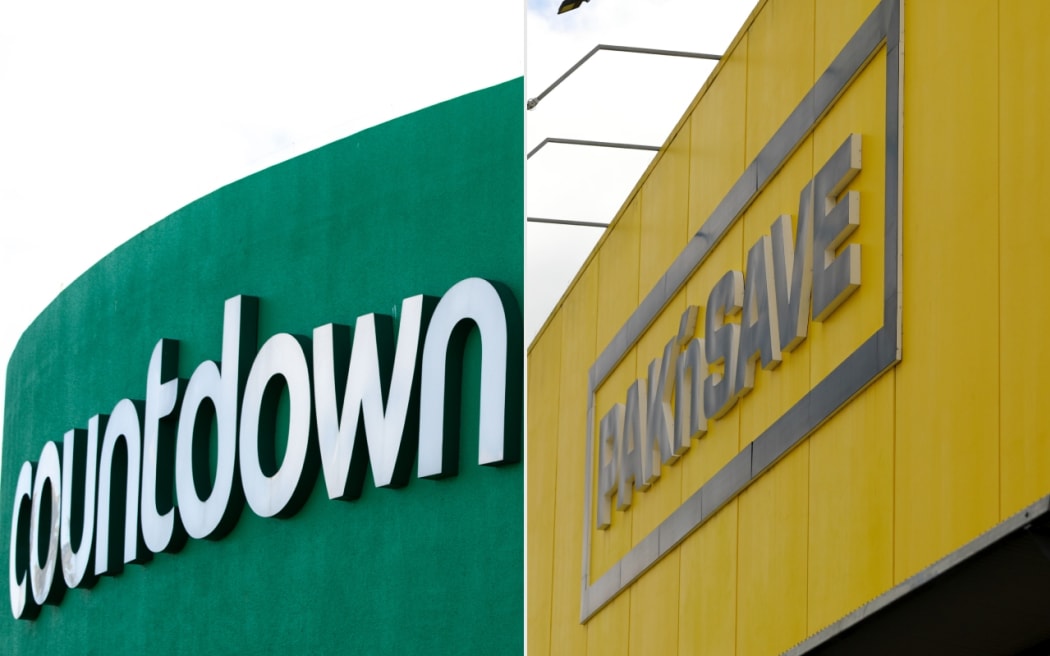
Photo: RNZ / Marika Khabazi, Simon Rogers
A new code addressing the power imbalance between major grocery retailers and their suppliers comes into force on Thursday, promising better prices and greater product choices.
Under the Grocery Code of Conduct, the commissioner can impose fines of up to $3 million or 3 percent of turnover for the big supermarket chains under the government's commitment to enforcing fair conditions to suppliers.
Grocery commissioner Pierre van Heerden said supermarkets have been taking advantage of their dominance and imposing unreasonable terms for too long.

Photo:
"The supermarkets have to act in good faith and there are various specifications on what that means," he said.
"So they can't place a supplier under duress, as an example, in terms of their negotiations with them.
"All new contracts need to comply with a code and the supermarkets also have a six-month period to get all existing contracts to comply with a code."
The new rules will initially apply to the two main supermarket chains, Woolworths, formerly Countdown, and Foodstuffs, which runs the PAK'nSAVE, New World and Four Square brands.
Individual penalties also apply, with breaches of the code resulting in fines of up to $200,000 per person.
"It's part of a suite of reforms (designed to promote) efficient competition and efficiency within the industry for the long-term benefit of consumers," he said.
Van Heerden said the code would give suppliers more certainty and some protection in their negotiations with the supermarkets.
"It will also help the smaller suppliers to have more confidence and to be able to participate more confidently within the supplier base - and when this happens we find there is more innovation, the range is better.
"With better competition between suppliers and better innovation, the consumers will have more choice."
Van Heerden said there should be long-term benefits.
"This is a once in a generation opportunity that we have to make changes within the industry," he said.
"Things won't change overnight, but it's for the long-term benefit of Kiwi consumers, and I get really excited about that because I can see that this will make a difference for the ordinary Kiwi."






